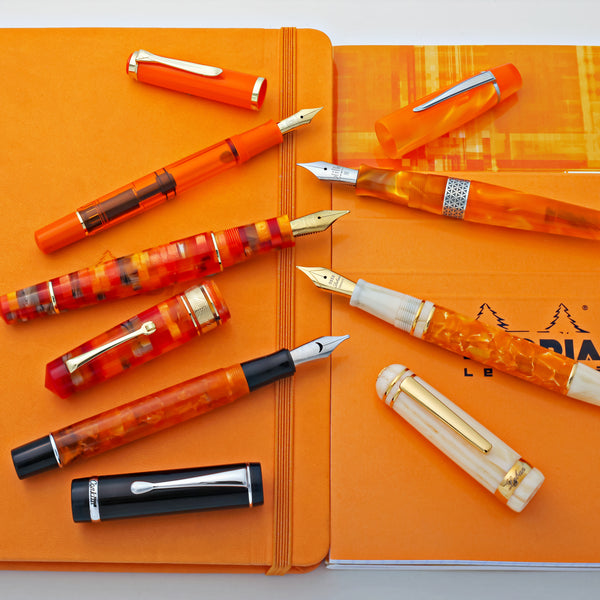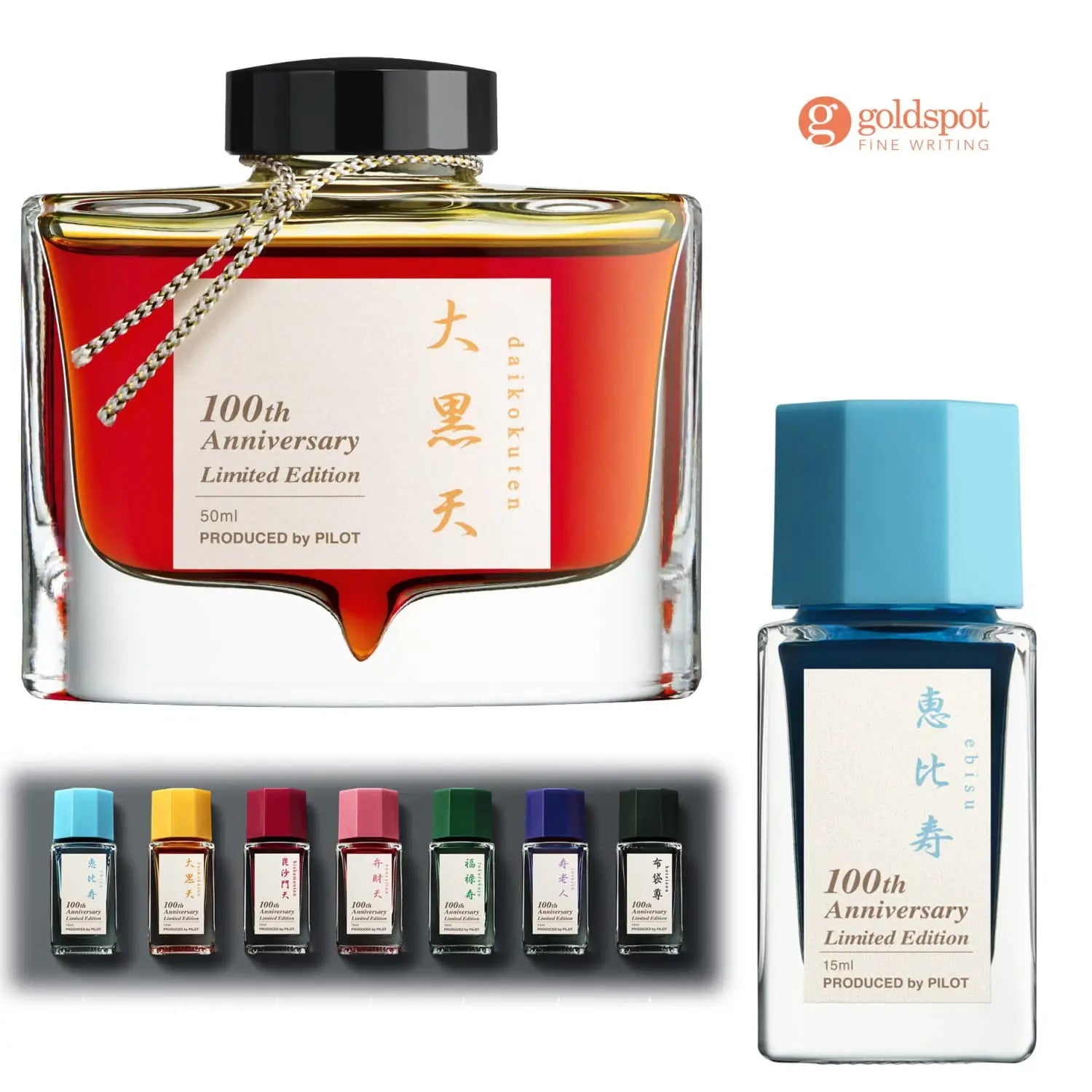100th Anniversary: The Seven Gods of Good Fortune Set
Release date: October 15th, 2018
Estimated Retail: $48,000 USD
Having reached the major milestone of our 100th anniversary, we planned “the Japanese Seven Gods of Good Fortune”, for which gathered together the comprehensive master skills of the KOKKOKAI Maki-e artisans’ group.
KOKKOKAI is an artisans’ group that formed in 1931, around a “Living National Treasure,” the late Gonroku Matsuda (1896–1986 A.D.), who was the highest authority on Maki-e. Coming from inside and outside the company, Maki-e artisans who inherited Matsuda’s intentions are even now producing lacquer-based artworks as members of Kokkokai. The comprehensive set of lacquer-based artworks on this occasion, “the Japanese Seven Gods of Good Fortune”, was brought to fruition by 11 Maki-e artisans, Chinkin (Gold Inlay) master and lacquer artist who, encouraged in their skills, had been acquiring various kinds of sophisticated techniques for many years.
Only 25 limited sets have been produced worldwide.
Each known as a god, Ebisu, Daikoku-ten, Bishamon-ten, Benzai-ten, Fuku-roku-ju, Juro-jin and Hotei-son are each depicted in Taka-Maki-e (Raised Maki-e) on seven vest-type fountain pens respectively. The vest type fountain pen has no clip, and is a model used in the early Showa period (1926–1989 A.D.).
As an accessory, we prepared a pen tray on which a crane and a turtle, symbolizing longevity, are depicted in Togidashi Maki-e (Burnished Maki-e).
In addition, the bottled inks accompanied in the set are limited edition in seven colors tailored to the impressions given by each of “the Japanese Seven Gods of Good Fortune”. The bottled inks are enclosed in an exclusive box together with the seven fountain pens.
The exclusive box that contains all of these items is finished with Maki-e and Chinkin. Two Maki-e artisans depicted a treasure ship with Taka Maki-e, and a Chinkin artisan completed Mt. Fuji and the waves. The intended meaning with this Mt. Fuji was that, at the time of the original company’s foundation, “what Fuji is to mountains, PILOT is to fountain pens” was a company slogan, and thus this represents a motif that is closely associated with our company.
In contrast, a treasure ship is a lucky motif. As our two founders, Ryosuke Namiki and Masao Wada, were seamen, we thought it appropriate to have “PILOT” as the company name due to its meaning – a person who guides the course of ship. A lot of treasures loaded on the ship give the impression of our customers and business partners who have granted us the opportunities, and of our company’s accumulation of human resources and technologies that have thus far been nurtured in the course of those 100 years. The ship also cuts an imposing figure, grandly sailing towards its next 100-year voyage.
Please note that, at the beginning of March 2019, the Seven Gods will be offered individually on a limited basis (estimated retail cost $4,800). The mini Iroshizuku ink bottle set will also be available, as well as the 50ml bottle, again on a limited basis.




